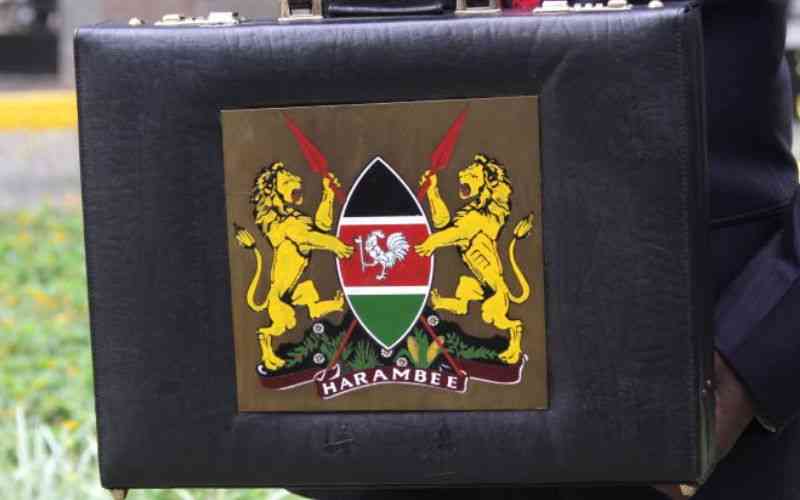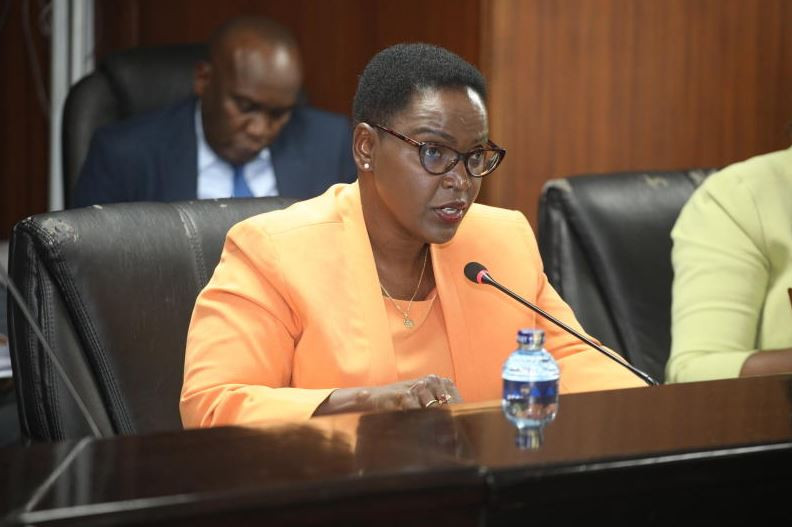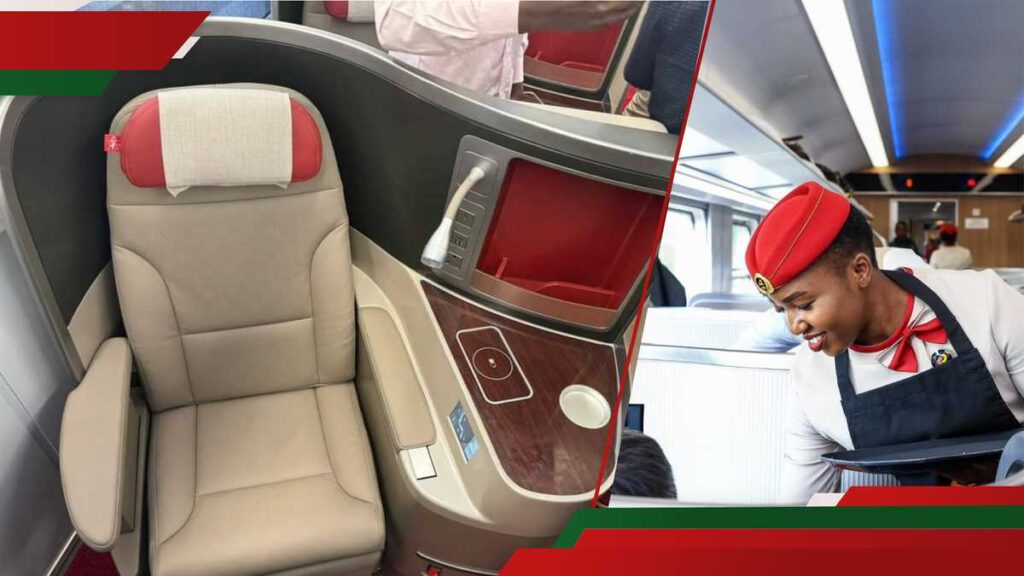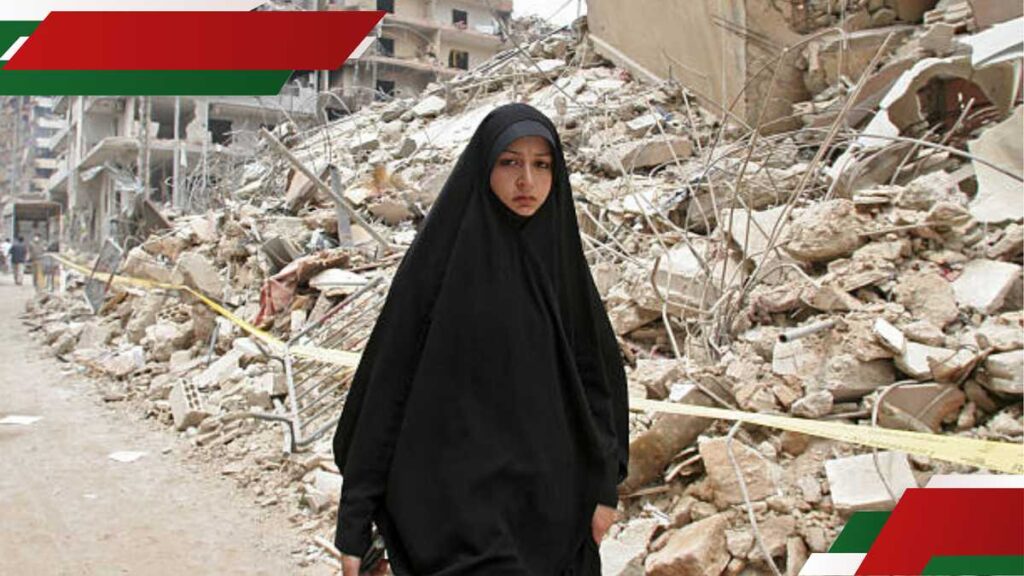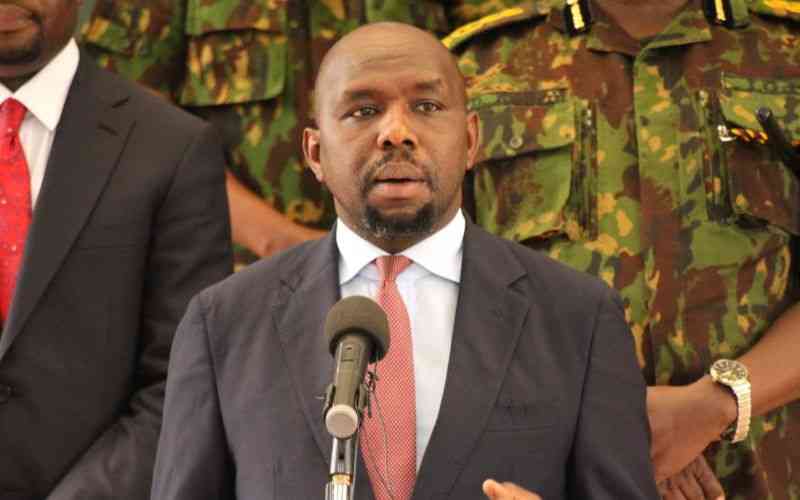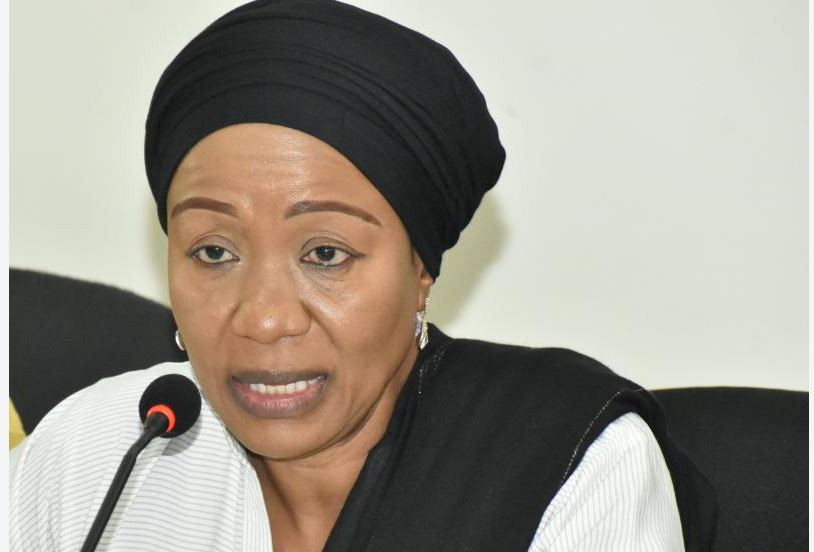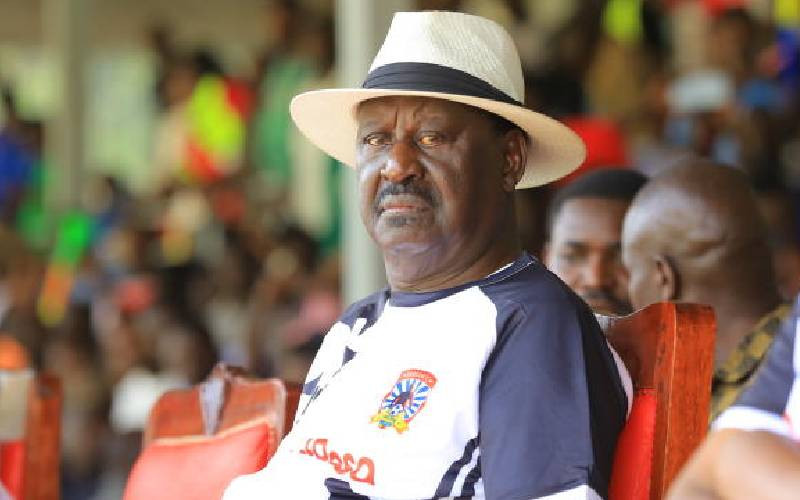All eyes are on Treasury Cabinet Secretary John Mbadi as he is expected to deliver his first budget since assuming office.
Mbadi, the man of the moment, quite literally, has set a preview of the upcoming budget with an estimate of Sh4.2 trillion.
Expected on the floor of the House from 2.30 PM, he will present his first budget, the largest in the country’s history.
Despite that, Kenyans remain hopeful for a ‘friendly’ budget that prioritises their needs and guarantees a favorable tax regime in the coming financial year, despite it being high from last year’s.
Speaking to The Standard, Kenyans have urged President Ruto’s government to stay true to its bottom up promise through fiscal policies that catalyse growth while ensuring economic relief for low income earners.
They have also called for sectors like education, health, and agriculture to be given top priority as they affect them directly.
“I hope for a reduction on the Value Added Tax (VAT) imposed on various products such as alcohol, foodstuffs, and petrol. We are hurting, especially those of us in the transport sector, from these levies,” said one Kenyan.
Echoing similar sentiments, another citizen stated: “Many things are costly and out of reach for single parents like myself. Let the money allocated for education be released on time so that schools get capitation funds to keep our children in school.”
Budget estimates presented to Parliament last month indicated that the biggest chunk of government income will cater for recurrent expenditures at Sh1.7 trillion compared to Sh707 billion for development.
The education sector is expected to take the highest allocation of Sh701 billion. This amount includes Sh54.8 billion for free day secondary education, Sh 30.9 billion for capitation for students in junior secondary schools, while those in primary school get Sh7.9 billion.
At the same time, the government will sponsor a school feeding programme to the tune of Sh3 billion.
Kenyans wait to see whether the turbulence in the health sector will calm down after its allocation of Sh132 billion, which sets aside Sh4 billion for intern doctors and Sh1.7 billion for settling health workers’ arrears that have caused frequent strikes.
Meanwhile, Agriculture, which contributes twenty two percent of the country’s Gross Domestic Product (GDP), is expected to get Sh58.5 billion after getting a Sh1 billion increase compared to the last budget.
Social protection and affirmative action programmes targeting special groups, the elderly persons, orphans and persons with disabilities will take Sh43 billion.
Stay informed. Subscribe to our newsletter
National Government functions will take up Sh2.5 trillion of the budget out of which the executive will absorb Sh2.4 trillion leaving parliament with Sh49 billion to run its affairs.
“We want to see how much agriculture will get so as to be assured of our food security,” said Taabu Charles, the chairman of Bunge La Wazalendo.
According to Mbadi, this year’s budget is zero-based, and all expenditures must be justified to ensure value for money.
Speaking in an interview with Citizen TV the CS said he wants Kenyans to remember him for implementing reforms that eliminate waste and corruption, stabilizing the economy, and managing public debt.
The government has assured of no tax hike to finance the huge budget with Deputy President Kithure Kindiki hinting at tighter measures to seal tax loopholes including a hunt for tax evaders.
“We will ensure all your taxes are well utilised. We are an accountable Government. You will see value for your money in roads, markets, affordable housing, last mile connectivity and other transformative development programmes from the grassroots,” said Kindiki during an economic empowerment drive at Mutomo Grounds in Kitui South.
However, some Kenyans, like Taabu, still feel that the budget is big but doesn’t serve the needs of the common citizens. Instead, they believe it serves the interests of the leadership.








